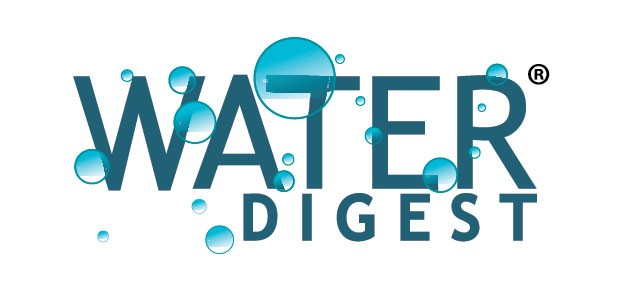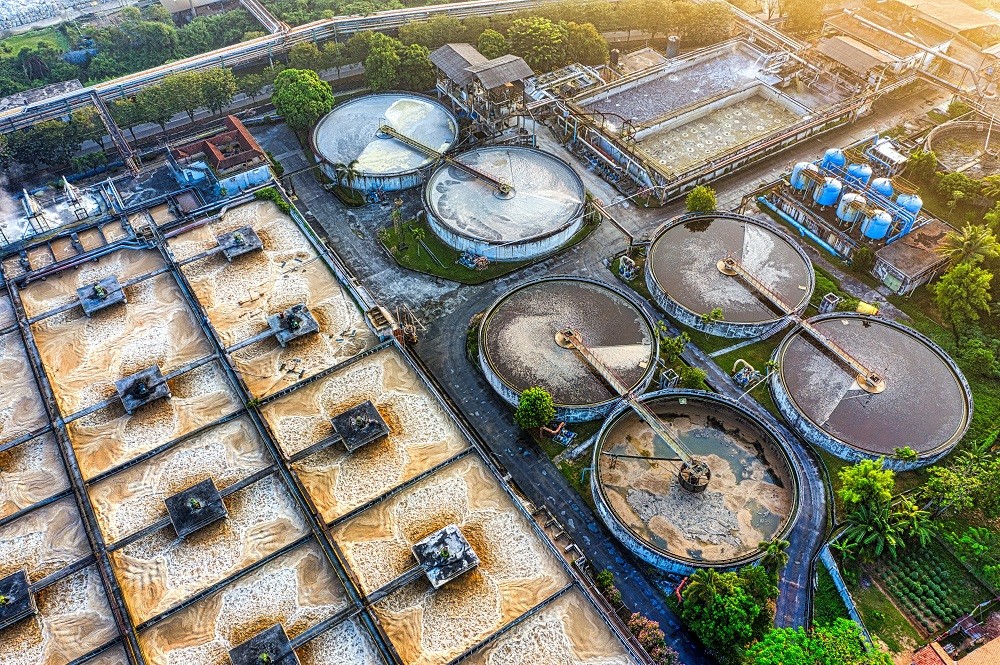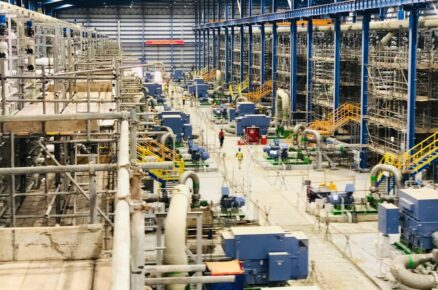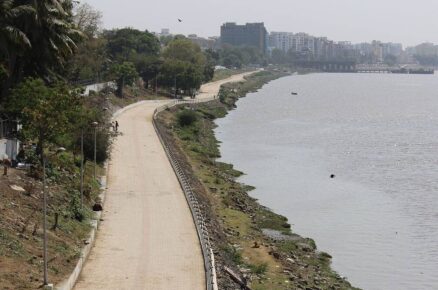New survey of 100 utilities tracks net-zero progress: 75% of respondents to reduce greenhouse gas emissions by 2040.
WD News: Water and wastewater utilities are executing ambitious decarbonisation goals, according to a new survey of 100 utilities in North America and Europe. Sponsored by Xylem, the survey finds that 75% of respondents intend to achieve greenhouse gas (GHG) reduction goals by 2040 or earlier. 48% of respondents have set a net-zero emissions goal, and 42% have set an emissions reduction goal.
“The water sector has an important role in the global effort to reduce GHG emissions,” said Patrick Decker, President and CEO at Xylem. “Our sector is energy intensive. However, smart application of technology makes it possible to manage water far more efficiently and affordably. Increasingly, utilities are finding ways to deploy technology to become more resilient and reduce emissions, while also addressing many of their operational concerns.”
The implementation of new and innovative products and solutions can help utilities advance their decarbonisation strategies. As highlighted in its recently launched 2022 Sustainability Report, Xylem’s cutting-edge technologies have enabled customers to reduce their CO2e footprint by more than 2.8 million metric tons since 2019. Around the world, leading water and wastewater utilities are focusing on such solutions to drive GHG reduction plans.
In Europe, for example, 31% of respondents plan on installing more energy-efficient technologies. Others are leveraging digital solutions, with 29% looking into advanced metering infrastructure (AMI) and leak detection solutions, and 24% turning to treatment system optimisation technologies. Similarly, in North America, 35% of respondents plan on implementing plant or asset optimisation technologies to advance their decarbonisation goals.
With 37% of North American respondents citing resilience to extreme storms and floods as a major concern, advanced digital solutions are also helping water managers improve operational and environmental outcomes at an affordable cost. Buffalo Sewer Authority (BSA), U.S., for example, saved $145 million by deploying a smart sewer system that reduced polluted water flowing into its rivers during storm events – ultimately solving a longstanding problem without spending on new infrastructure.
Source: Xylem
Image courtesy: Pixabay














